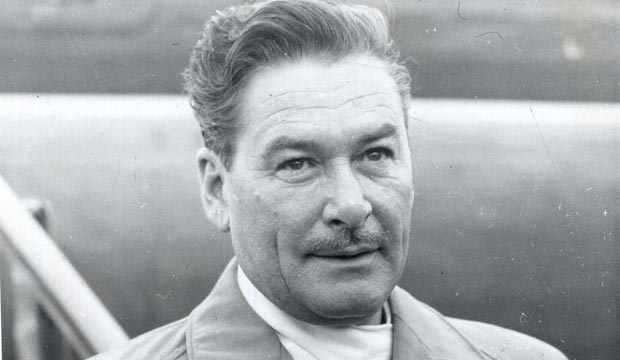20. The Master of Ballantrae (1953)

Based on a novel by Robert Louis Stevenson, this was Flynn’s last picture for Warner Bros. The tale revolves around the conflict between two brothers, Jamie (Flynn) and Henry (Anthony Steele), during the Jacobite uprising in 1745. The brothers decide to play for opposite sides so that their estate will be secure once the conflict is over, regardless of which side wins. The dashing Jamie joins the uprising, leaving behind both a fiancee (Beatrice Campbell) and a mistress (Yvonne Furneaux), and Henry stays loyal to King George II. After Jamie is believed to be dead, a series of misunderstandings leads to a confrontation between the brothers. Although this ended up being his last film for this studio, Flynn went out on a high note. Critics praised his performance, some claiming it was his best in years.

























